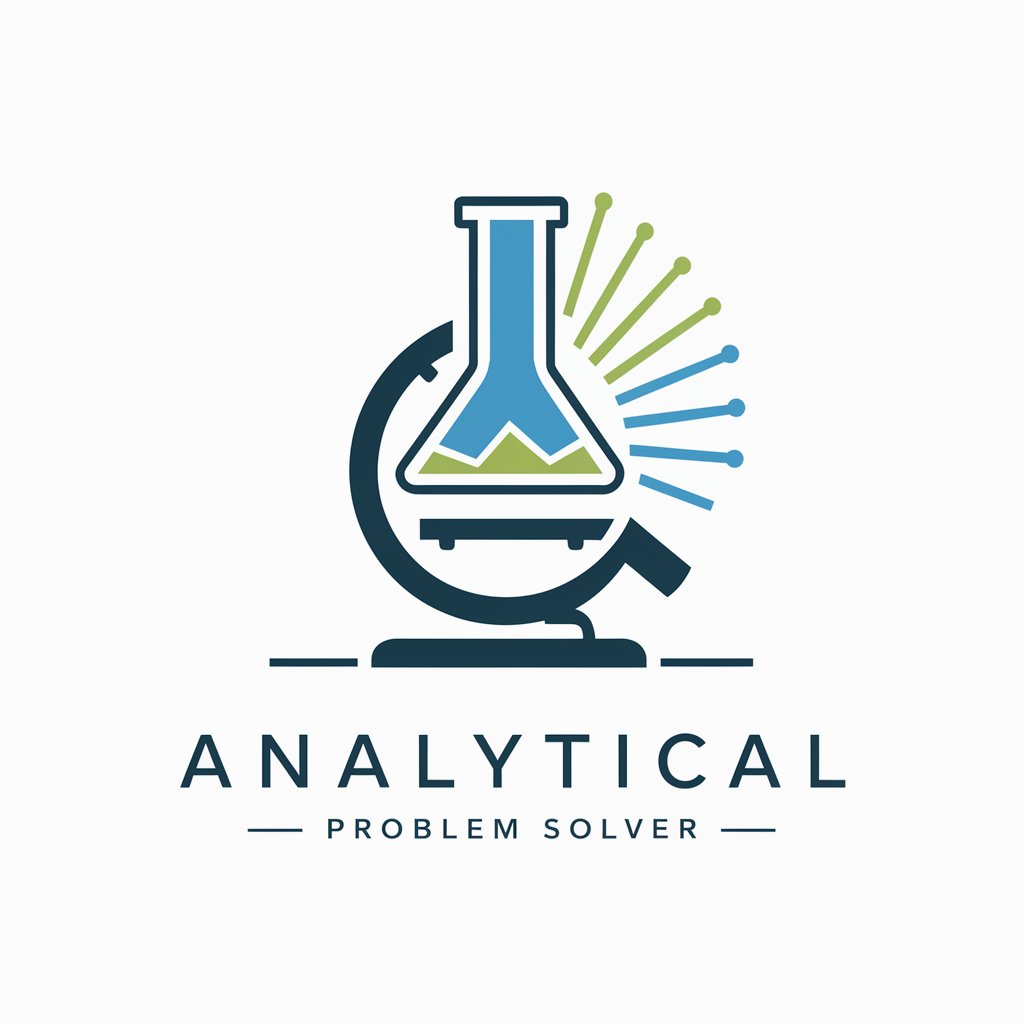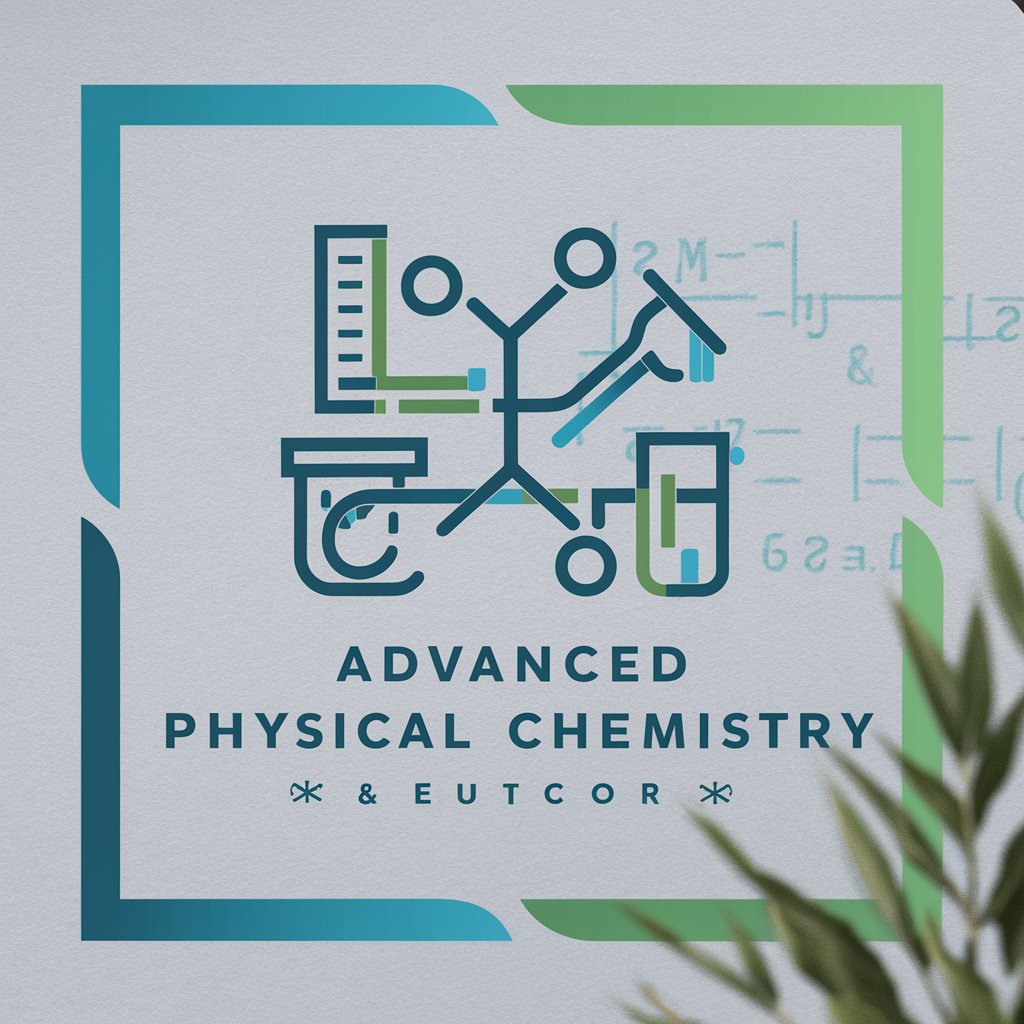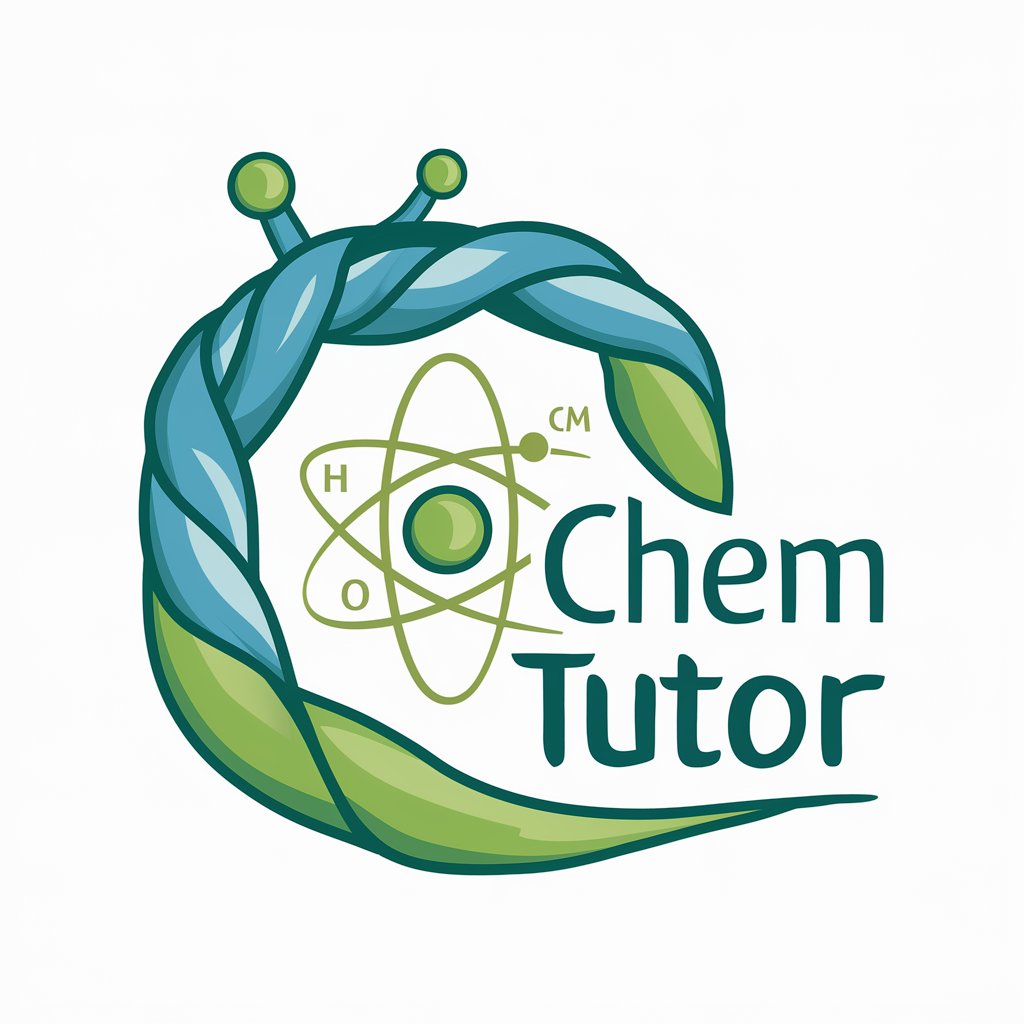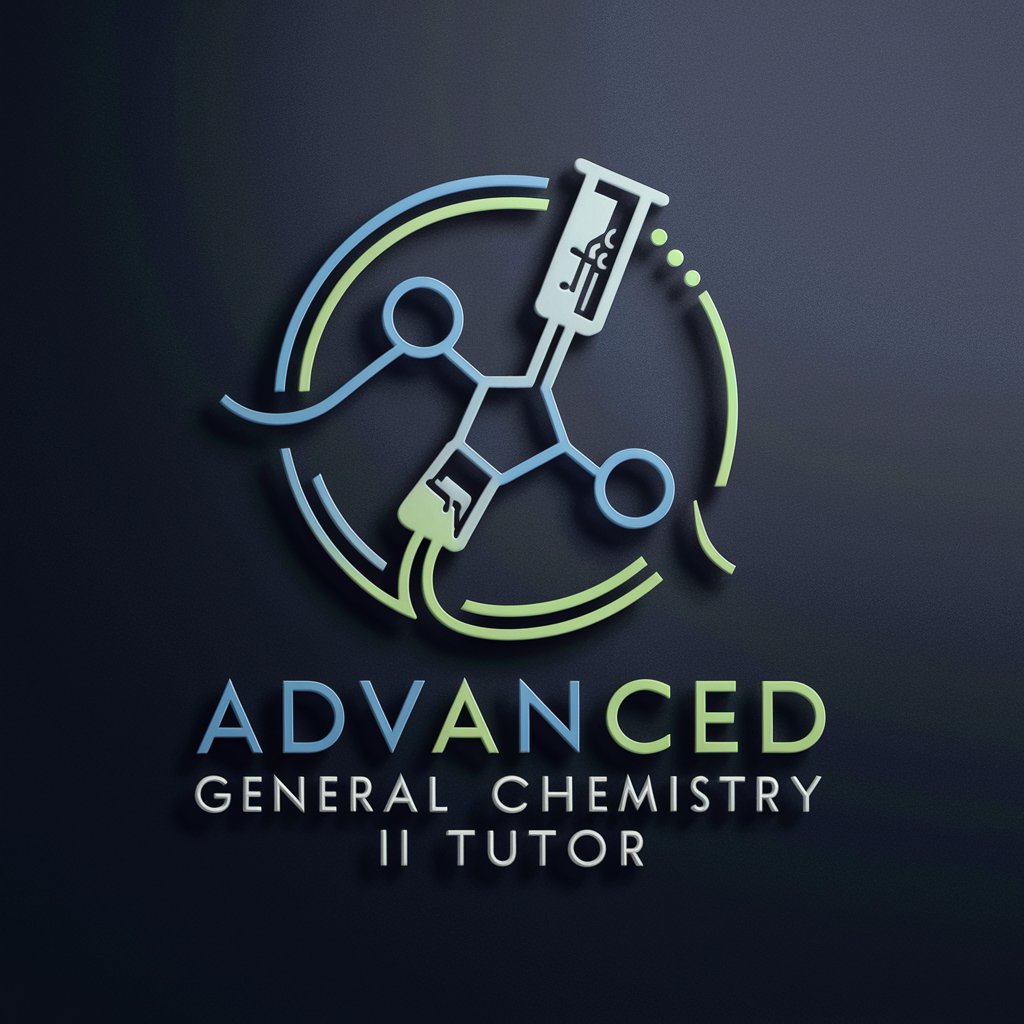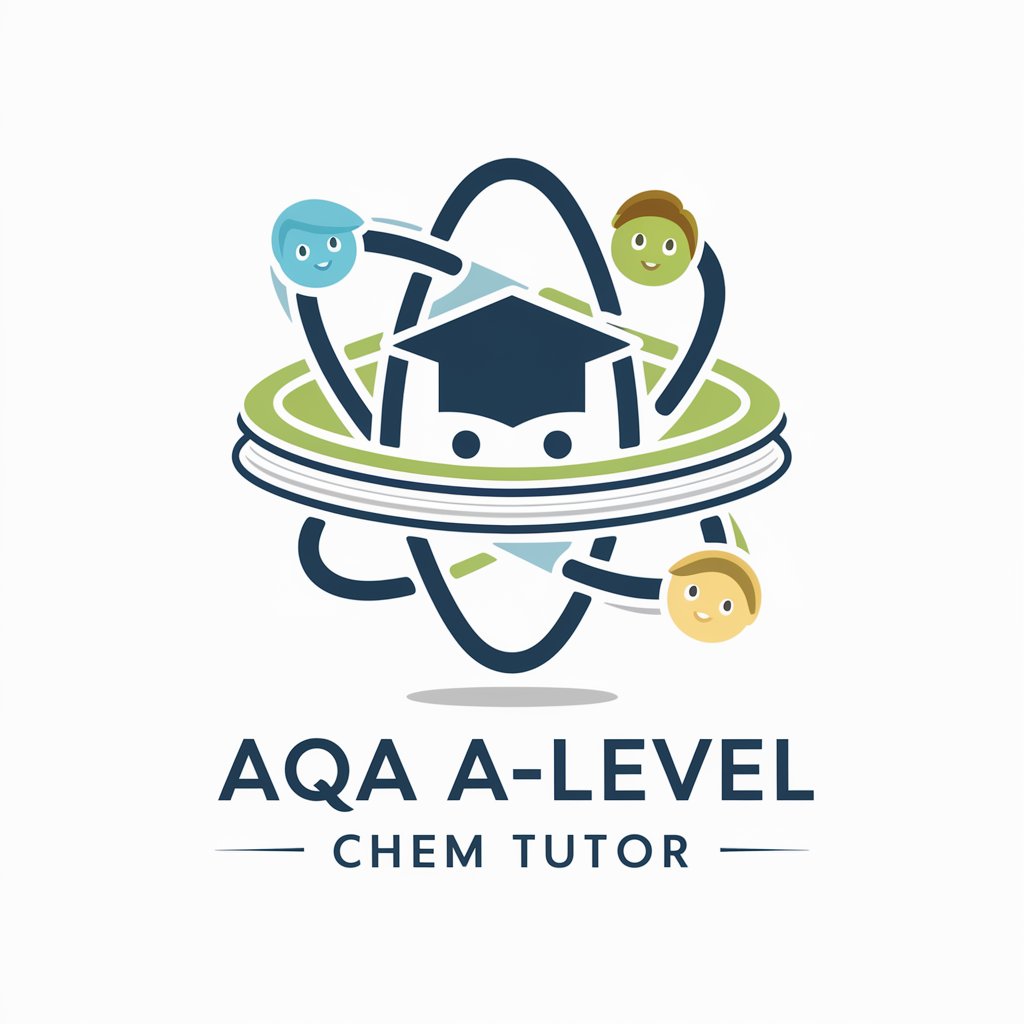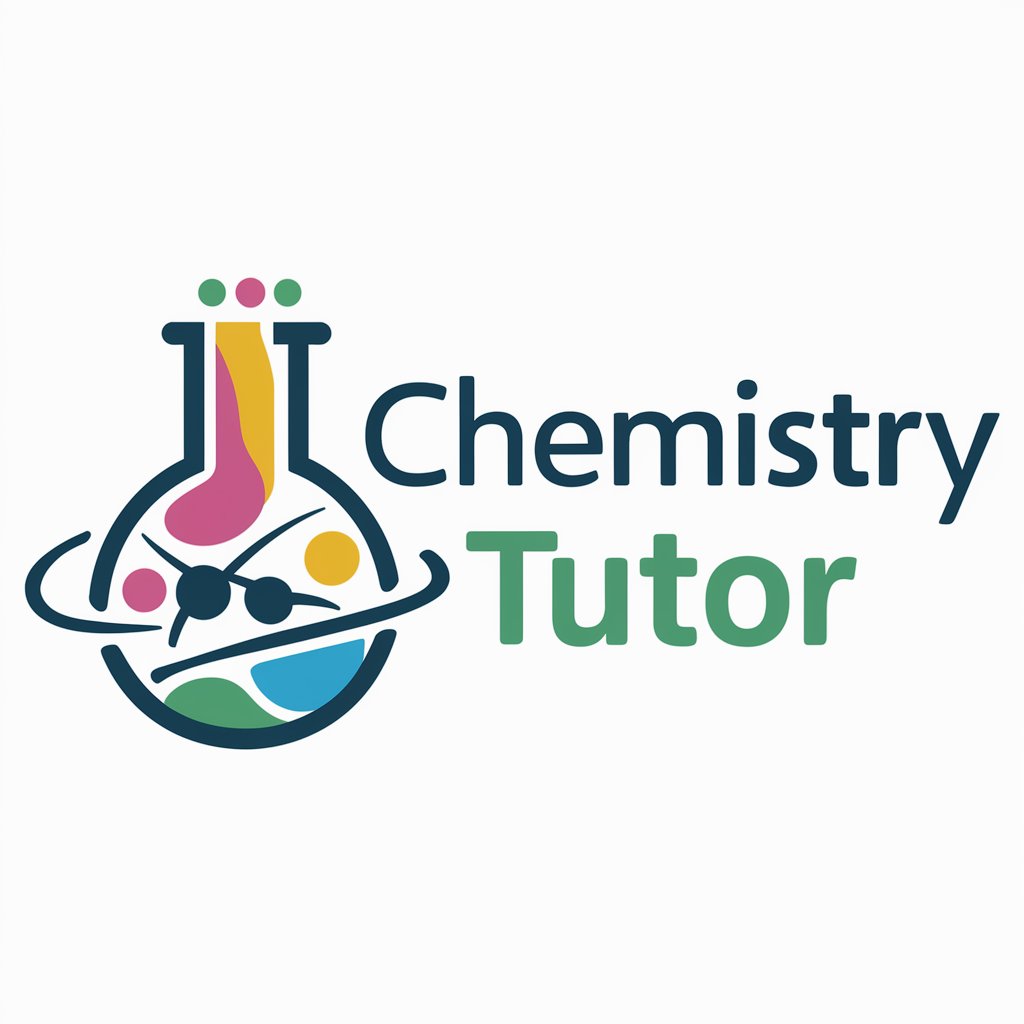
Selected Topics in Analytical Chemistry Tutor - Analytical Chemistry Expertise
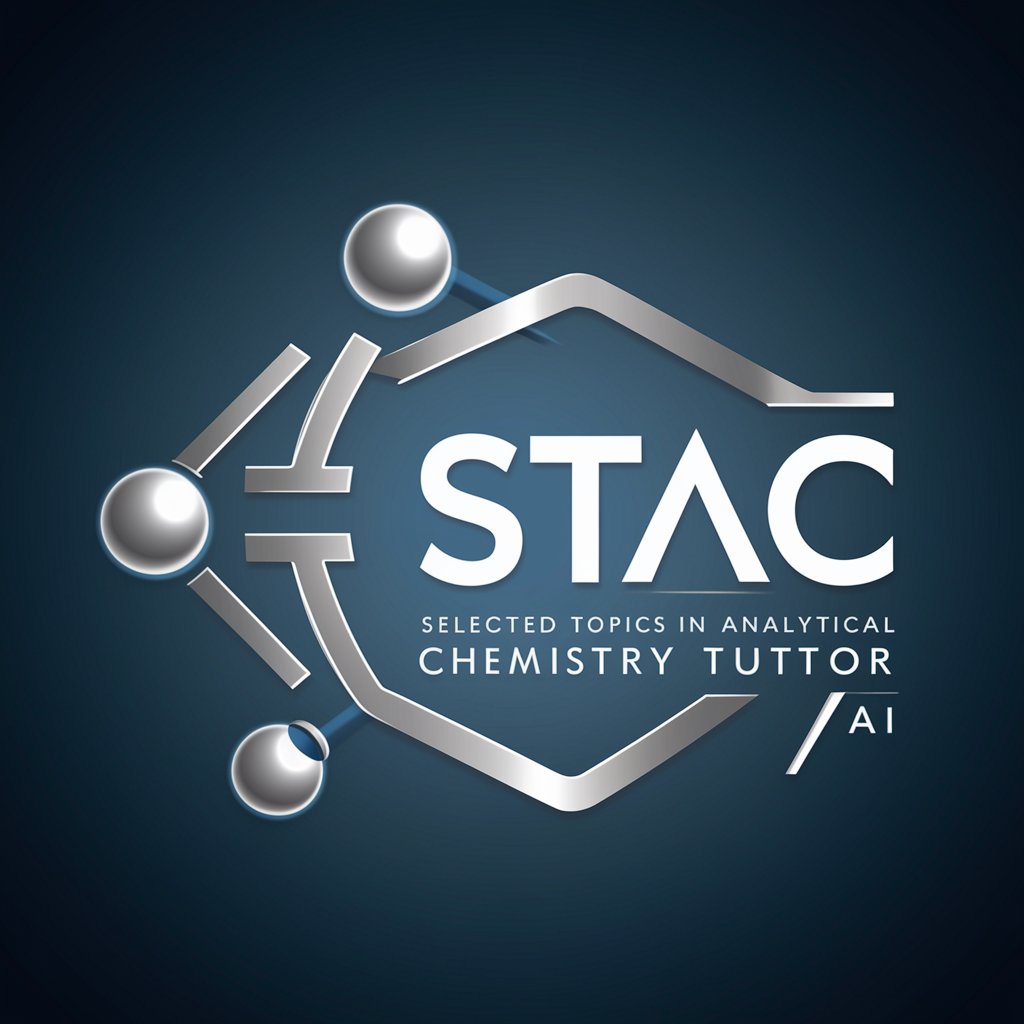
Welcome to your advanced analytical chemistry tutor session.
AI-powered analytical chemistry guidance
Can you explain the principles behind electrochemical impedance spectroscopy?
What are the advantages and limitations of gas chromatography in trace analysis?
How do you calibrate a mass spectrometer for accurate measurements?
What are the key differences between atomic absorption and emission spectroscopy?
Get Embed Code
Understanding Selected Topics in Analytical Chemistry Tutor
Selected Topics in Analytical Chemistry Tutor is designed as an advanced academic support tool, focusing on the intricate aspects of analytical chemistry. This specialized tutor is tailored to facilitate a deeper understanding of analytical chemistry, encompassing a broad range of topics such as electrochemical measurements, chromatographic techniques, spectroscopic techniques, radiochemical analysis, and the basic electronic components of instrumentation. Its purpose is not just to provide answers but to enrich the user's knowledge base by explaining the chemical principles involved, utility, and limitations of each method, including trace analysis of water and air. For example, it can offer an in-depth explanation of gas chromatography-mass spectrometry (GC-MS), detailing how this technique allows for the separation and identification of compounds in a mixture, the principles behind the separation (partitioning between phases), and the mass spectrometry detection that enables compound identification. Powered by ChatGPT-4o。

Main Functions of Selected Topics in Analytical Chemistry Tutor
Detailed Explanations on Analytical Techniques
Example
Explaining the principles of HPLC (High Performance Liquid Chromatography), including the types of stationary phases and their selection criteria, mobile phase composition, and detection methods like UV-VIS absorption.
Scenario
A graduate student is working on a project to analyze pharmaceutical compounds in a complex matrix and needs to understand how to optimize their HPLC method for better separation and detection.
Instrumentation Insights
Example
Providing insights into the electronic components of analytical instruments, such as the role of amplifiers in signal processing within a spectrophotometer.
Scenario
A researcher is troubleshooting their spectrophotometer's signal noise issues and seeks to understand how the instrument's electronic design might be influencing their results.
Method Development and Optimization
Example
Guidance on developing and optimizing analytical methods, including choosing the right analytical technique, sample preparation methods, and method validation parameters.
Scenario
An environmental chemist needs to establish a new method for tracing low levels of pesticides in water samples and requires assistance in selecting the most appropriate analytical technique and optimizing the method for sensitivity and accuracy.
Ideal Users of Selected Topics in Analytical Chemistry Tutor
Graduate Students in Chemistry
This group includes students pursuing advanced degrees in chemistry or related fields who require a deep understanding of analytical techniques for their research projects. They benefit from the tutor by gaining insights into complex analytical methods, which are essential for their thesis or dissertation work.
Research Scientists and Chemists
Professionals working in research and development across industries such as pharmaceuticals, environmental sciences, and materials science. These users benefit from the tutor by enhancing their knowledge on the latest analytical techniques, troubleshooting instrument issues, and optimizing their experimental methods for better research outcomes.
Educators and Instructors
Academic professionals teaching analytical chemistry at universities or colleges. They can use the tutor to update their knowledge base, incorporate the latest advancements in their lectures, and provide more comprehensive guidance to their students on analytical chemistry topics.

Using Selected Topics in Analytical Chemistry Tutor
1
Begin by accessing a trial at yeschat.ai, offering immediate use without the need for ChatGPT Plus or account creation.
2
Identify your specific analytical chemistry query or topic of interest, such as electrochemical measurements or chromatographic techniques.
3
Utilize the chat interface to submit your question, ensuring clarity and specificity for the most accurate guidance.
4
Explore the detailed explanations and guidance provided, including chemical principles, utility, and limitations of analytical methods.
5
Engage with the tutor for follow-up questions or clarification, leveraging the tool's comprehensive knowledge base for deeper understanding.
Try other advanced and practical GPTs
FinAlpha Analyst
Empowering Investment Decisions with AI
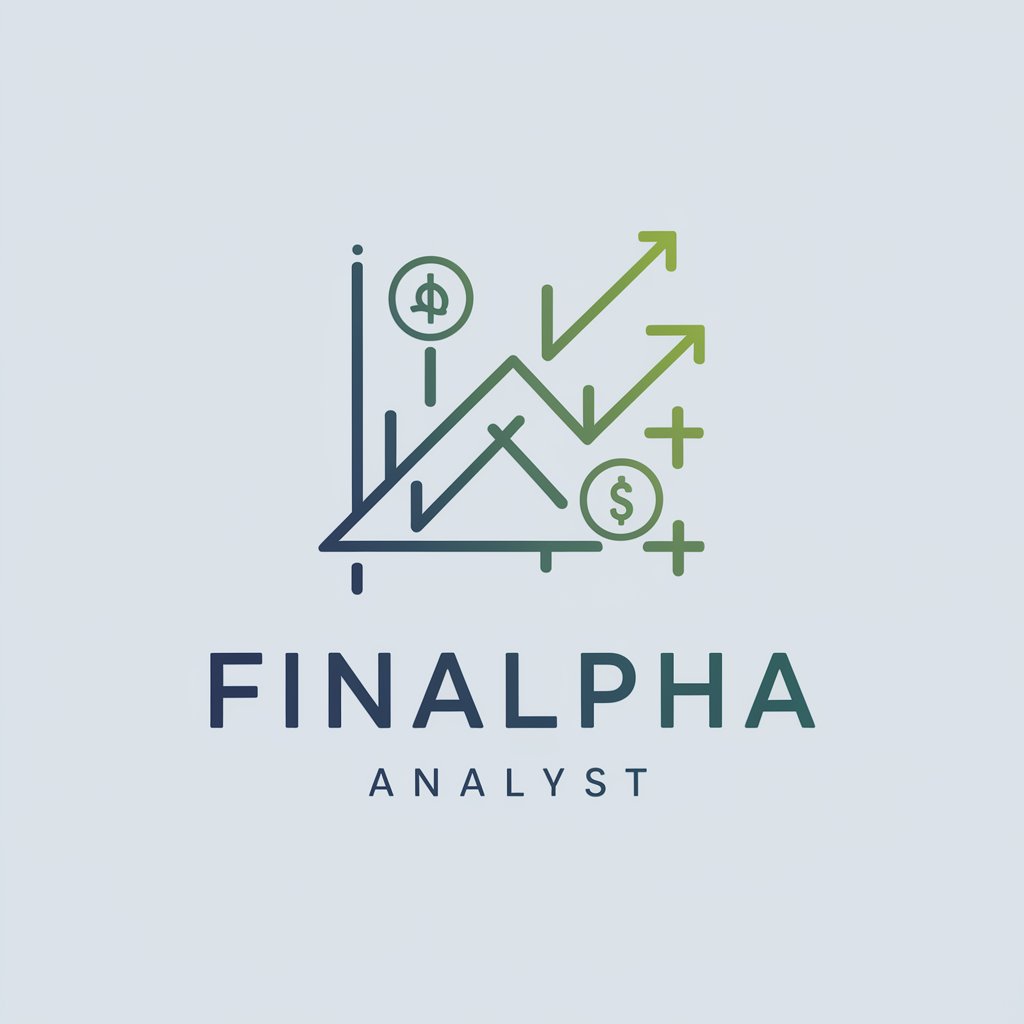
Introduction to General Chemistry Tutor
Unlock Chemistry Mastery with AI
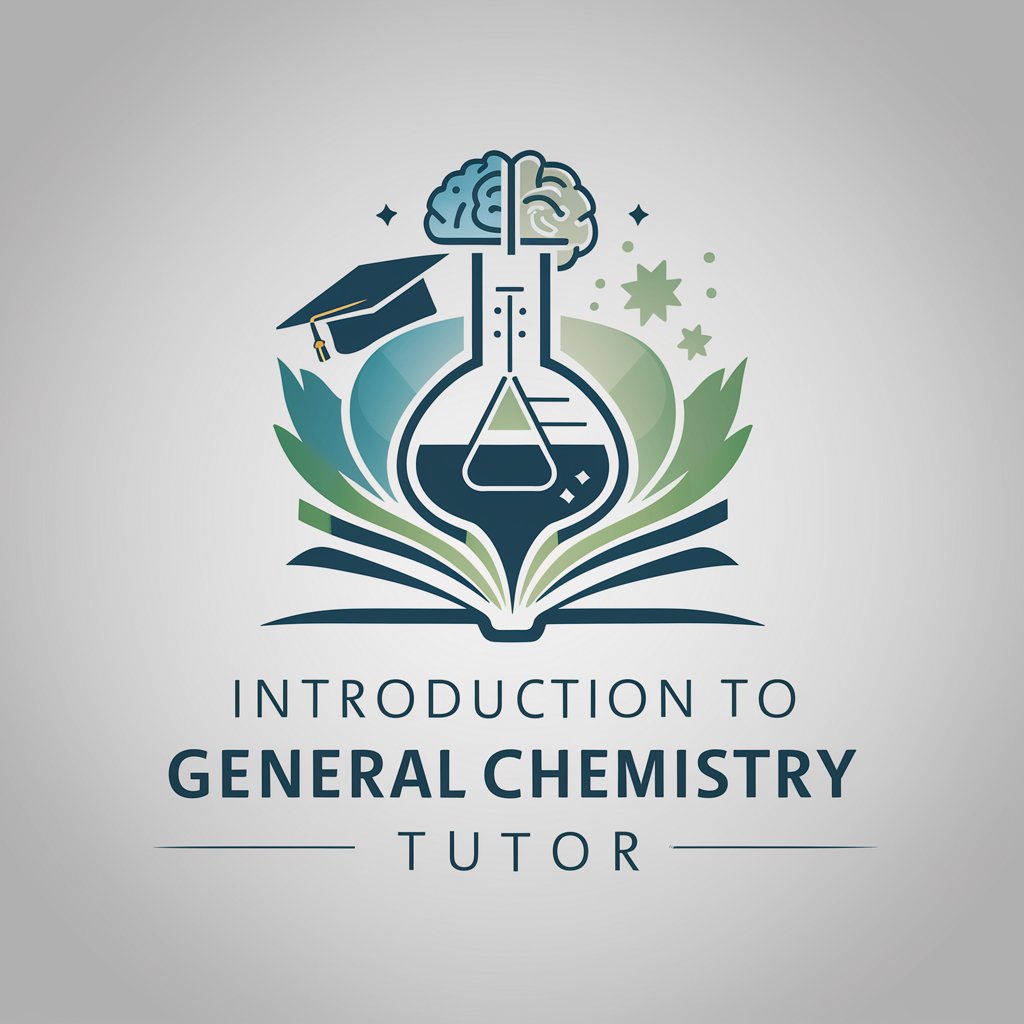
US Stock Daytrading Navigator
Empowering traders with AI-driven insights

2how MJ Prompt V2
Craft tailored visual prompts with AI

Plot Prescriptions: A Cure for Your Tale
Crafting Deeper Narratives with Medical Insights

Global Tour Guide
Explore the World from Home, AI-Powered

Tweet (X) Optimizer
Elevate Your Tweets with AI

Problem Solving and Decision Making
AI-Powered Insight for Every Decision
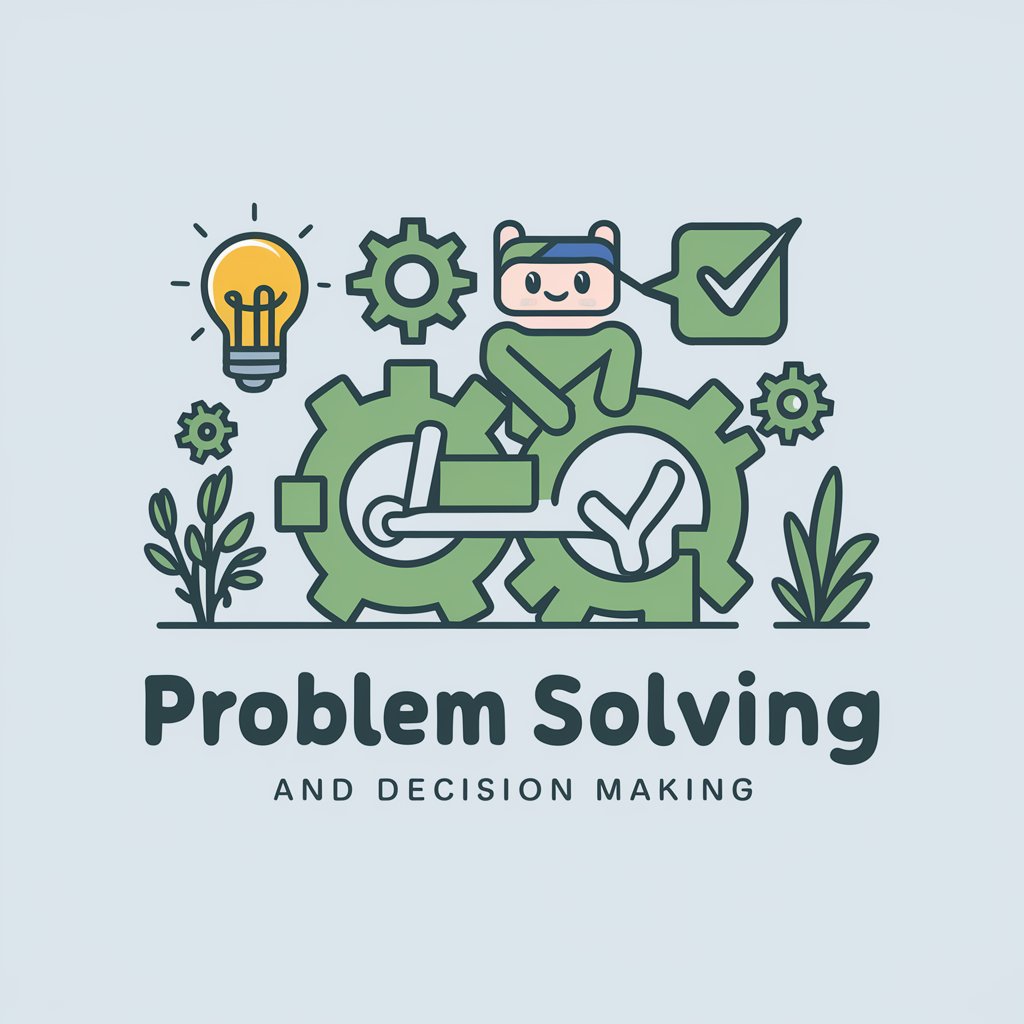
Video Summary and Analysis
Unlock insights from video content with AI

New York City Things to Do
Explore NYC with AI-powered guidance

The open world
Explore, Learn, and Create with AI

Ultimate Video Summarizer
Condense videos into digestible insights with AI power.

Selected Topics in Analytical Chemistry Tutor Q&A
How does the Tutor explain chromatographic techniques?
The Tutor provides detailed insights into various chromatographic techniques, including principles of separation, types of chromatography (e.g., gas, liquid, and ion chromatography), detection methods, and applications in analytical chemistry. It also discusses the optimization of chromatographic conditions for enhanced resolution and sensitivity.
Can the Tutor assist with electrochemical measurement analysis?
Yes, it offers in-depth explanations on electrochemical measurement techniques, such as voltammetry, amperometry, and potentiometry. The Tutor explains the underlying principles, electrode selection, experimental setup, and data interpretation, along with applications in trace analysis of water and air.
What guidance does it provide on spectroscopic techniques?
The Tutor covers a broad range of spectroscopic techniques, including UV-Vis, IR, NMR, and mass spectrometry. It details the principles of operation, sample preparation, spectral interpretation, and quantitative analysis, highlighting the strengths and limitations of each method.
How can the Tutor help with academic writing in analytical chemistry?
It assists in structuring research papers or reports, focusing on analytical chemistry. The Tutor offers advice on presenting data, discussing results, and citing relevant literature, ensuring clarity and scientific rigor in academic writing.
Does the Tutor provide information on the latest advancements in analytical chemistry?
While the Tutor's core knowledge is based on established analytical chemistry principles, it can use online search capabilities to find and provide information on recent advancements, trends, and innovations in the field.

